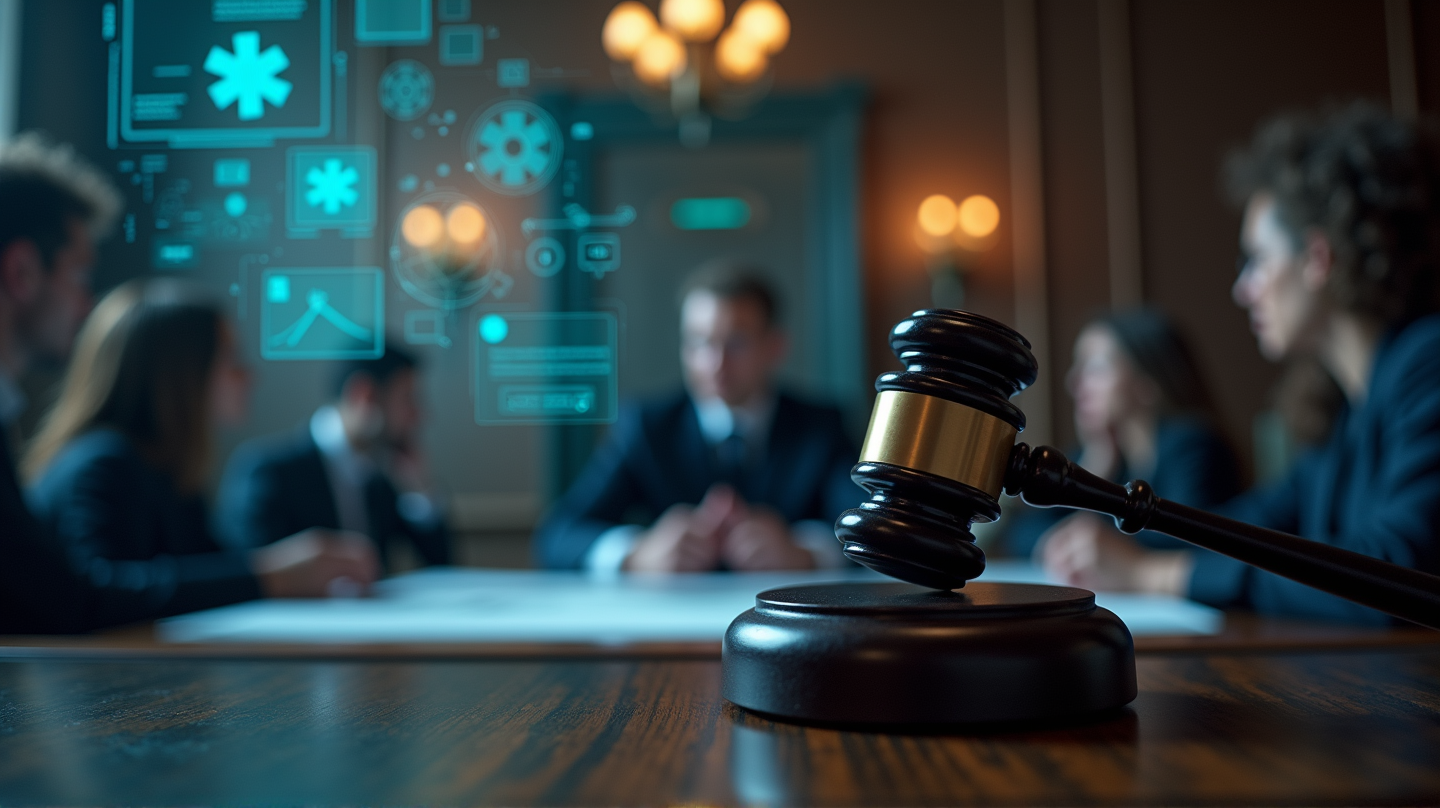In a landmark ruling, the Supreme Court has upheld a Texas law that could dramatically change how the internet is accessed by minors. The law mandates that websites featuring adult content must verify the ages of all visitors, aiming to block children under 18 from accessing such material. Though well-intentioned, this decision has sparked intense debate regarding digital privacy and free speech, creating ripples through various sectors of society.
Why This Law Matters
The Texas law represents a significant attempt to mirror real-world ID checks used in adult stores on the digital landscape. As technology evolves, so do the precautions needed to safeguard minors, particularly from explicit content available at their fingertips. By requiring government-issued IDs or relying on third-party age-verification services, Texas seeks to protect its younger citizens, contending that advancements make these checks feasible and necessary.
However, not all entities see eye-to-eye on this matter. Many tech companies, such as search engines and internet service providers, have been exempted from this law, raising questions about its reach and efficacy. Moreover, as mentioned in reports by sources like LakelandToday.ca, the law introduces hefty fines for non-compliance, ranging from \(10,000 per violation and up to \)250,000 if a minor is involved.
Age Verification Mechanisms: A Double-Edged Sword?
Age verification online isn’t novel. Techniques range from uploading government IDs to employing facial recognition software. Companies like Meta have suggested that the onus should fall on app stores managed by giants like Apple and Google. However, these tech behemoths push back, arguing that such responsibilities could be limiting and potentially impractical.
The suggestion of implementing age checks at the app store level disregards the complexities of varied devices and the possibility of using pre-installed applications without oversight. There’s a persistent concern that these verification methods may not address all loopholes, such as those presented by shared family devices or apps bypassing initial checks.
The Path of Least Resistance
Critics have argued that despite well-meaning intentions, age-verification laws can be sidestepped. Techniques like virtual private networks (VPNs) provide a means for users to camouflage their digital footprints, essentially rendering geographic and regulatory barriers moot. The fear is that traffic may migrate toward lesser-known websites that dodge compliance, potentially worsening the issue rather than resolving it.
Opposition and the Debate on Free Speech
The potential consequences of the Supreme Court’s endorsement extend beyond merely age verification. Organizations advocating for digital rights, such as the Electronic Frontier Foundation, emphasize the potential for such legislation to undermine free speech. The collection and retention of sensitive data raise privacy concerns, leaving many to grapple with the trade-offs between security and individual freedoms.
Samir Jain of the Center for Democracy & Technology eloquently summed up the concerns by stating, “Age verification requirements still raise serious privacy and free expression concerns.” For states pursuing these laws, the challenge lies in crafting a system that robustly protects yet minimally intrudes upon personal freedoms.
Looking Forward
While the Supreme Court’s decision marks a pivotal moment, the journey toward effective and privacy-respecting age verification continues. It illuminates broader conversations about the intersection of technology, privacy, and regulation—a dialogue that has only just begun and promises to evolve in response to societal needs and technological capabilities.
As this debate unfolds, stakeholders must thoughtfully navigate the complexities, seeking a balance that safeguards minors without compromising fundamental freedoms. The unfolding consequences of this decision will undoubtedly shape the digital world in unforeseen ways, affecting every online user’s experience.
According to LakelandToday.ca, this ruling has indeed set a precedent, making it a crucial juncture in internet legislation. As the world watches, the repercussions of these legal milestones reverberate, sparking global discussions on digital ethics and safety.
